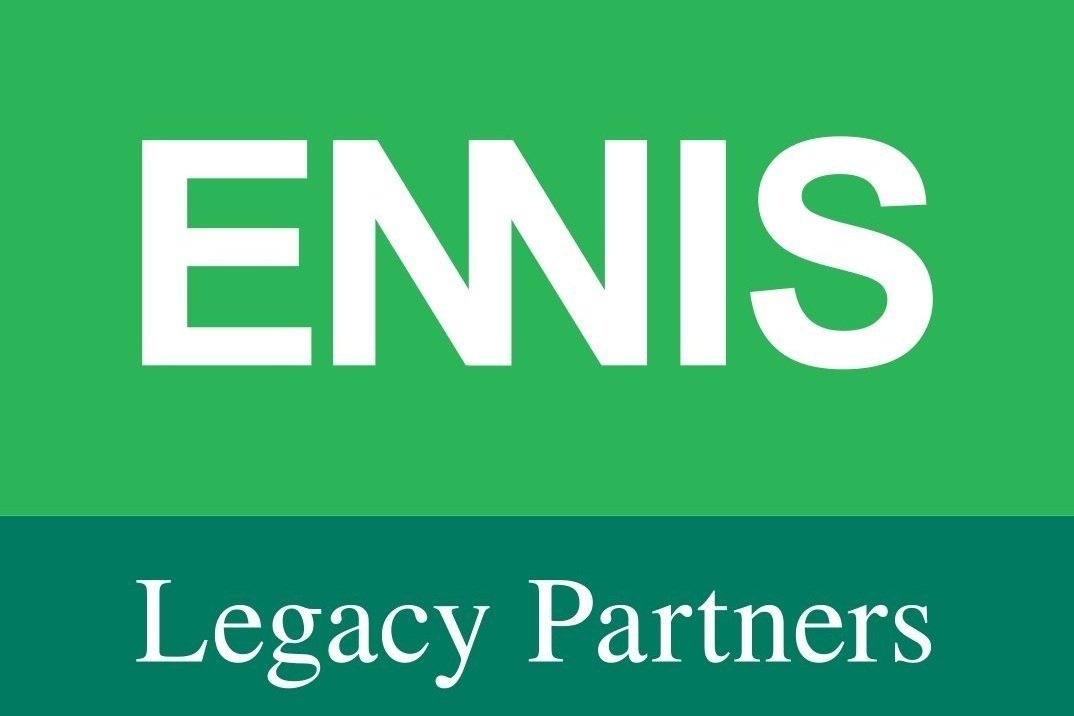The spouse of a small business owner confided to my wife, “I don’t know what I’d do if something happened to my (business owner) husband. I don’t even know where the life insurance policy is.” That business owner has no business plan, and more importantly, no written exit plan - and his spouse knows it.
Sadly, this situation is all too common. Most of us avoid thinking about the possibility of disability or even death. The “tyranny of the urgent” – customer calls, product problems, financial pressures or a thousand other things – can crowd out genuine intentions for long term planning. When the unexpected happens, as it all too often does, everyone suffers if proper safeguards are not in place.
Effective business planning allows for the unexpected. It details how the business is organized, what and where the documentation is, and who should fill the owner’s position if he or she is unable to continue, even temporarily. Exit planning goes several steps further. Effective exit planning outlines how and when the business ownership will be transferred, or sold, to someone else. It provides for appropriate business, tax, legal, financial, and estate planning. Effective planning means everyone involved with the business knows what will happen next.
The experience of one client emphasizes why planning is critical. (Names have been changed for privacy). Tom, the owner, had built a successful multi-million-dollar business. Lenore, his wife, had long expected that she would take over running the business if anything ever happened to Tom. It was suggested that Lenore do a trial run. She agreed to work full time, assisting Tom, for six months. It wasn’t long before Lenore realized that not only did she not want to work at the business, she did not want to run it – ever!
That was valuable information for Tom and Lenore. They knew then that the Owner’s exit plan would not be for his spouse to ultimately own and run the business.
Not long after, Tom was unexpectedly hospitalized with a critical medical condition. Because of his foresight and effective planning, Lenore only had to be concerned about her husband’s health. The contingencies they had carefully planned for were covered. Lenore did not find herself trying to run a business while caring for her husband at the same time. Their financial needs were covered, and their children, employees, and customers were protected.
A Business Enterprise Institute survey revealed that only 38 percent of business owners think they have identified all the steps necessary to exit their business, and only eight percent had put those plans in writing.
Some questions every business owner should ask are, Would my spouse know what to do next if something happened to me tomorrow? Do they know where the important documents are? Would my family be financially protected? Would my customers and employees be properly cared for? Would my business continue uninterrupted? Would I want it to and would my family need it to?
The demands on any business owner can be overwhelming, but putting off effective long-term planning can be disastrous. Take steps now to cover tomorrow’s challenges. The time will come when you will be glad you did.

